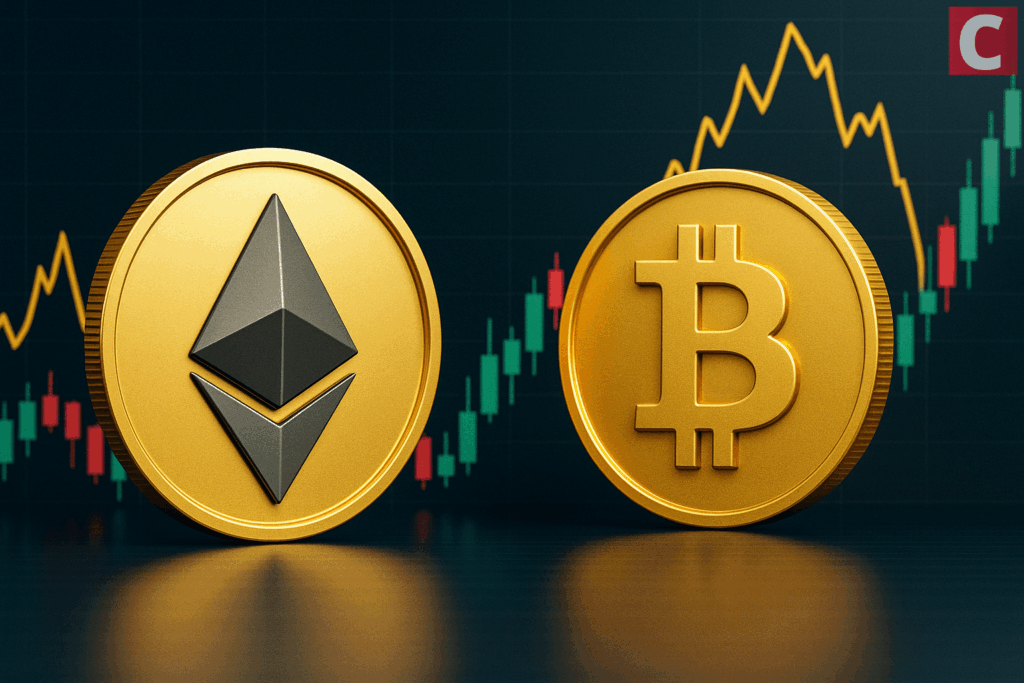Bitcoin is freedom money — a censorship-resistant form of digital cash that empowers anyone with an internet connection to send value across borders, free from the approval of banks, governments, or intermediaries. It represents a profound shift in who controls money and, by extension, who controls power.
I first heard about Bitcoin in early 2013. At the time, it was a niche idea, buzzing in obscure internet forums and quietly championed by a group of libertarian coders, privacy advocates, and curious outsiders. What caught my attention wasn’t the price or the technology — it was the principle. For the first time, there was a tool that could separate money from the state the way the internet had separated information from traditional media.
Twelve years later, Bitcoin has grown into a global movement. But more importantly, it has revealed just how fragile our notions of freedom truly are. In countries suffering under authoritarian regimes, people use Bitcoin to escape hyperinflation or bypass economic blockades. In democratic nations, it’s become a hedge against debasement and overreach. And in every corner of the world, it challenges us to rethink trust, sovereignty, and the meaning of self-custody.
This issue is about more than just Bitcoin. It’s about the idea of freedom in the 21st century — how it’s won, how it’s lost, and how it’s evolving in a world increasingly dominated by surveillance, bureaucracy, and centralized control. Whether it’s financial autonomy, digital expression, or bodily sovereignty, the freedom we enjoy is neither absolute nor guaranteed.
As you read through these pages, you’ll find stories of resistance, resilience, and innovation. You’ll meet people using open-source code, decentralized networks, and borderless tools to build a future where freedom isn’t a privilege — it’s a right.

